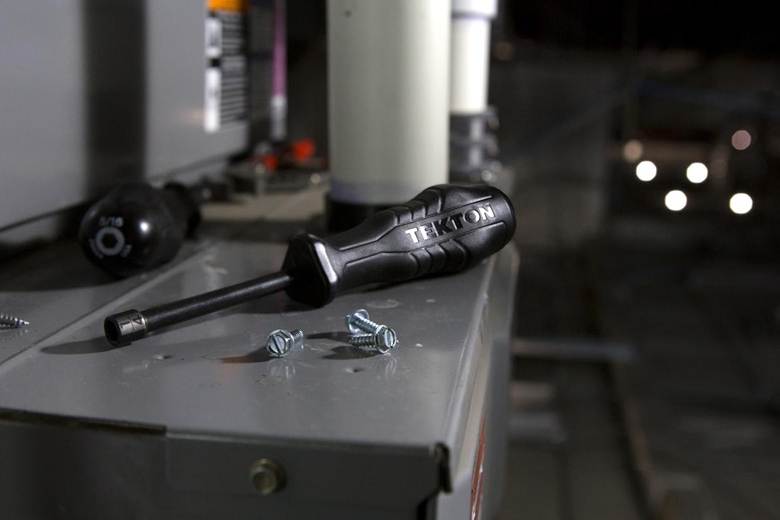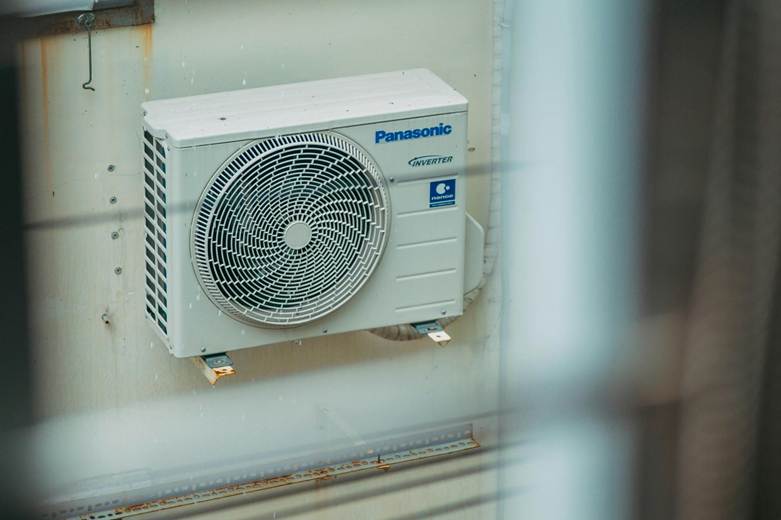Your HVAC system is one of the most critical components of your home or commercial building, providing year-round comfort and maintaining indoor air quality. When it starts to show signs of trouble, one major question arises: should you repair it or replace it entirely? The decision impacts your comfort, energy bills, and long-term maintenance costs, so it’s important to understand the differences between the two paths.
This guide breaks down the factors that influence whether a repair or replacement is the better option, common warning signs to look for, and how professional maintenance can help you extend your system’s life.

Recognising the Importance of Regular HVAC Maintenance
One of the most effective ways to delay costly replacements is through consistent maintenance. A professional should check your HVAC air filters monthly to ensure they are clean and functioning correctly, as dirty filters can restrict airflow, overwork your system, and reduce efficiency. Beyond filters, a maintenance routine should include inspecting refrigerant levels, cleaning coils, and checking for duct leaks.
Proactive servicing keeps your HVAC running smoothly and helps spot minor issues before they evolve into costly repairs or catastrophic failures. For many homeowners, investing in routine maintenance can mean several extra years of service life from their current system.
When HVAC Repair Is the Better Option
Repairing your HVAC system is the most cost-effective and sensible choice. Repairs are often the preferred route if your system is relatively new, has been well-maintained, and the problem is isolated, such as a faulty thermostat, a refrigerant leak, or a worn-out capacitor.
Repairs can be an excellent interim solution when you’re not financially prepared for a full replacement. Replacing a fan motor or repairing ductwork can restore efficiency and comfort without the immediate expense of a new system.
It’s important to assess the cost-benefit ratio. If repair costs are relatively low and will significantly extend the system’s life without compromising performance, it makes sense to proceed. Always confirm that any repair will not just treat the symptom but also address the underlying cause.
When a Total Replacement Makes More Sense
While repairs can be practical, there comes a point when replacing your HVAC system becomes the smarter long-term choice. Systems that are 10–15 years old are often nearing the end of their service life if they’ve been operating in extreme climates or under heavy use.
Signs that a replacement may be needed include frequent breakdowns, uneven heating or cooling, unusually high energy bills, or loud and unusual noises during operation. Advances in HVAC technology mean that newer systems are often far more energy-efficient, environmentally friendly, and equipped with better filtration and smart controls.
Replacing your HVAC can even increase your property’s value, making it an investment in both comfort and resale potential.
Energy Efficiency and Long-Term Savings
Energy efficiency is one of the biggest considerations when weighing repair versus replacement. Older HVAC units typically have lower Seasonal Energy Efficiency Ratio (SEER) ratings compared to modern systems. Upgrading to a high-efficiency model can reduce your utility bills by a significant margin, sometimes as much as 20–40% annually.
If your system still operates but is inefficient, repairs might help in the short term, but they often won’t match the performance gains of a new unit. These efficiency losses can cost you more than the price of replacement.
Many modern systems are compatible with renewable energy sources or advanced zoning systems, giving you even more ways to optimise performance.
Factoring in Repair Costs
A single repair bill may not seem daunting, but frequent repairs can add up quickly. It’s crucial to look at the total cost of ownership when deciding whether to repair or replace. A good rule of thumb is the “$5,000 rule”, multiply the repair cost by the age of your unit. If the total exceeds $5,000, replacement may be the wiser option.
For example, a $600 repair on a 12-year-old system equals $7,200 under this rule, suggesting a replacement is a better long-term investment. By calculating these figures, you can make a more data-driven decision rather than one based solely on immediate costs.
The Role of Climate and Usage in Your Decision
Your local climate and how you use your HVAC system can significantly influence whether to repair or replace it. In regions with extreme temperature fluctuations, your system works harder year-round, shortening its lifespan. Similarly, in commercial spaces or large households where HVAC usage is constant, wear and tear occur more rapidly.
If your system is showing signs of strain and you live in a high-demand climate zone, replacement may provide more consistent comfort and reliability. Conversely, in milder climates with lower demand, repairs might extend your system’s life effectively.
Upgrading for Modern Comfort and Air Quality
Today’s HVAC systems go beyond just heating and cooling. Many feature advanced air purification systems, humidity controls, and smart thermostats that adapt to your schedule and preferences. If your current system struggles with humidity control, leaves dust accumulating quickly, or fails to keep temperatures consistent, upgrading could significantly improve your indoor environment.
Modern HVAC units tend to operate more quietly and with fewer vibrations, which can enhance your comfort. These improvements may be worth the investment even if your current system technically still works.
The Environmental Impact of Your Choice
Older HVAC systems are often less environmentally friendly, consuming more energy and potentially using outdated refrigerants that are harmful to the atmosphere. Replacing an old unit with a new, eco-conscious model can reduce your carbon footprint and help comply with environmental regulations regarding refrigerants.
While repairs can keep your system operational, they don’t always improve its environmental impact. If sustainability is a priority for you, replacement may be the better option.
Getting Professional Guidance Before Making a Decision
Whether you lean toward repair or replacement, consulting with a trusted HVAC professional is important. They can perform a comprehensive assessment, considering the age, condition, efficiency, and safety of your current system.
An experienced technician can provide detailed cost comparisons, including projected energy savings, maintenance costs, and potential rebates or tax incentives for installing a new system.

The choice between HVAC repair and replacement isn’t always straightforward, but understanding the key differences can guide you toward the most practical and cost-effective decision. Regular maintenance with professional filter checks extends system life and prevents small issues from becoming costly failures.
When deciding, weigh factors like system age, repair frequency, energy efficiency, and long-term operating costs. With careful evaluation and expert advice, you can ensure your HVAC system delivers reliable comfort, efficiency, and value for years to come.









